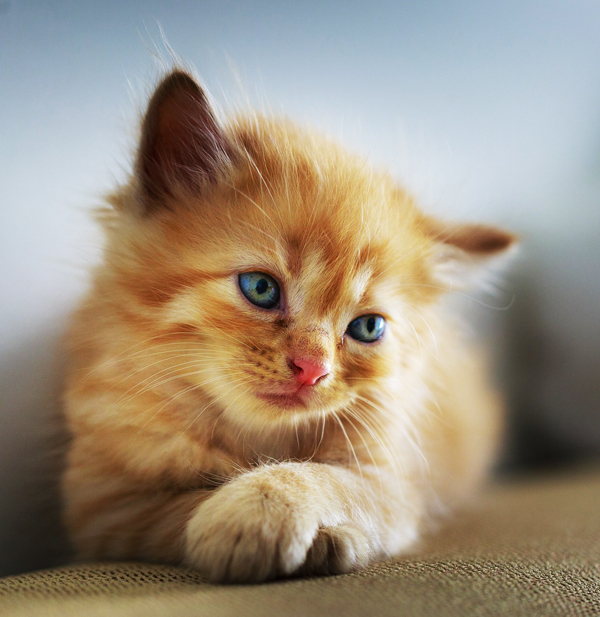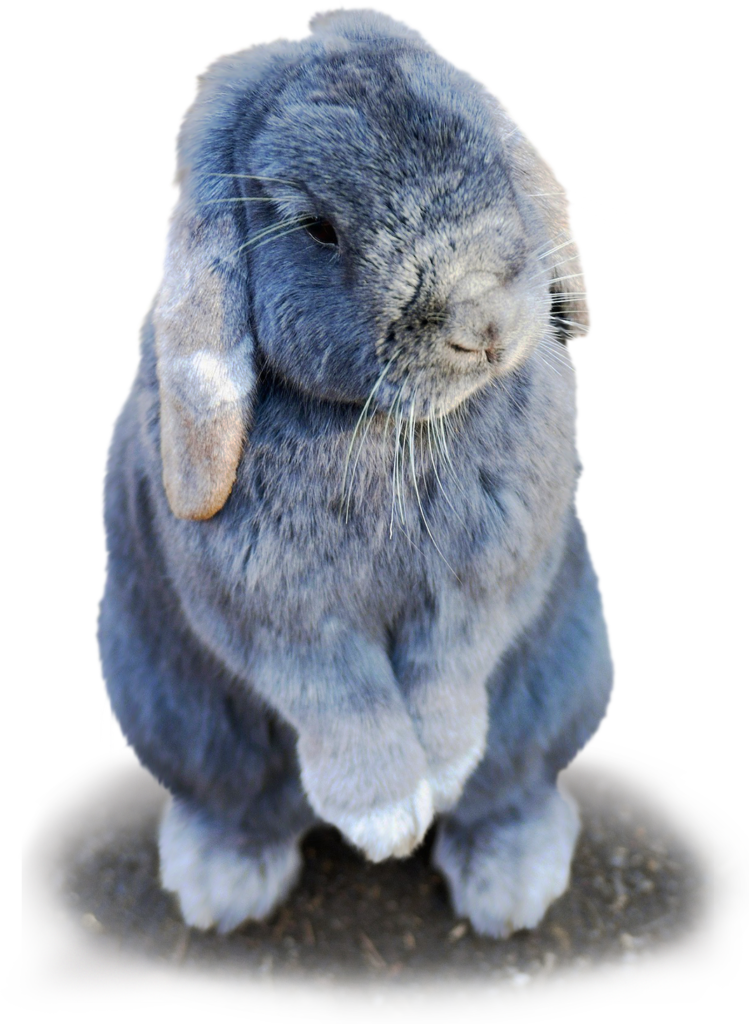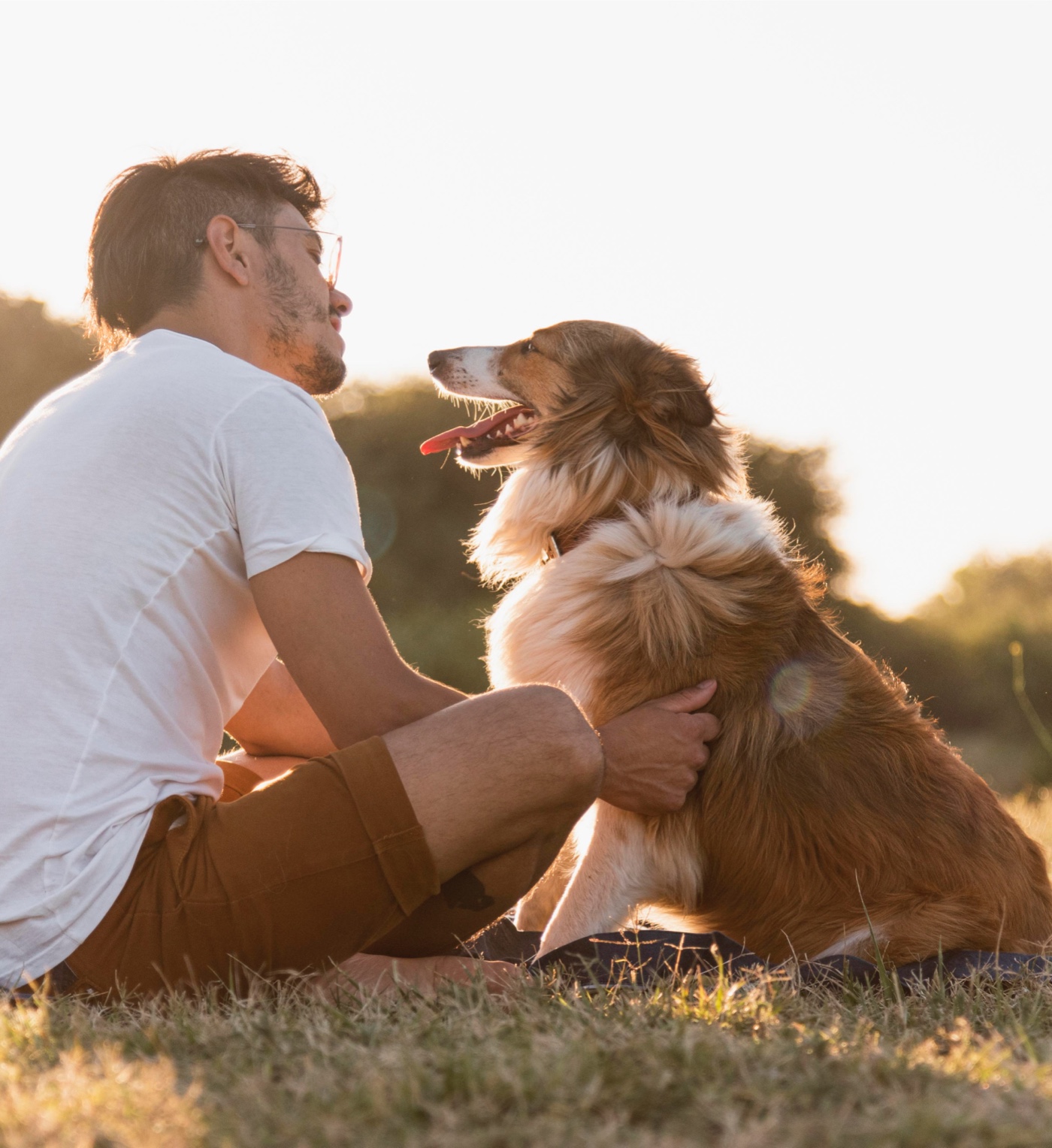When a pet is diagnosed with a condition and there’s a lot of information to take in, or when you want to know more about a disease, illness, or general pet health, we’ve provided some vet-written factsheets for your convenience.
Kitten Health Facts
Kittens are normally ready to leave their mother from 7 weeks of age.
Pick a strong, bright kitten from the litter. Most reputable breeders should allow you to see their mother and their accommodation.
Kittens need a good quality kitten food, until around 9 months of age. Milk is not recommended as it can upset their tummy!
Kittens can be vaccinated from 9 weeks of age. The primary vaccination course consists of two injections three weeks apart.

Kittens are vaccinated for feline panleukopaenia (enteritis) and calicivirus and herpesvirus (cat flu). We also recommend vaccination for feline leukaemia virus (FeLV) if they are going outdoors and coming into contact with other cats.
Routine worming should be every 2 weeks until 12 weeks of age and then once monthly til 6 months of age.
Routine flea treatment can be started in kittens over 9 weeks of age over 1kg in weight. If you have flea problems before this age then we recommend an appointment with one of the vets for further advice.
Neutering is advised and can be carried out from four and a half months onwards. Need to speak to a nurse about your kitten? Or want to register with Parkside Vet?
Get in touch with us:
Puppy Health Facts
Puppies are normally ready to leave their mother from 7 weeks of age.
Pick a strong, bright puppy from the litter. Most reputable breeders should allow you to see their mother and their accommodation.
Puppies need a good quality puppy food, until around 9 months of age. If you have a large breed puppy it may be advisable to feed a large breed puppy food, this gives them a better balance of minerals so they dont develop too quickly.


Puppies can be vaccinated from 8 weeks of age. The primary vaccination course consists of two injections two weeks apart. Your puppy is not fully protected until 7 to 10 days after the second vaccination.
Puppies are routinely vaccinated against distemper virus, infectious hepatitis virus, parvovirus, parainfluenza and leptospirosis. These are all very serious diseases, which thankfully we now see rarely due to vaccination. Routine worming should be every 2 weeks until 12 weeks of age and then once monthly til 6 months of age. Routine flea treatment can be started in puppies over 8 weeks of age over 2kg in weight. If you have flea problems before this age then we recommend an appointment with one of the vets for further advice.
Neutering is advised and can be carried out from five and a half months onwards.

Rabbit Health Facts
Rabbits live in groups in the wild so should always be kept in pairs for companionship. Guinea-pigs and rabbits are best not kept together.
It is always recommended to neuter your male and female rabbits as it makes them less likely to fight and stops them having babies.
Some rabbits can have up to 12 kits and are sexually mature at 4 and half months of age, however these numbers change from breed to breed. Rabbits need lots of gentle handling to make sure they are not scared of you. They can be trained to use a litter tray. In the wild they are very clean animals and will deposit urine in the same place each time.
Rabbits require lots of love and attention. They should be vaccinated against Myxomatosis and Viral Haemorrhagic Disease every 6-12 months.
Rabbits are herbivores so require lots of greens in their diet. Pellets are a better food than mixes with cornflakes and colours because they cant just choose the bits that taste the nicest. If a rabbit has too many pellets instead of fresh greens they may be become fat and unable to clean themselves properly.
Some rabbits have bad teeth which can make them stop eating. Their metabolism is much faster than ours so if they stop eating they should see a vet immediately. Rabbits teeth grow continuously. If they are not aligned properly they will not wear down and overgrow.In warm weather rabbits can be targeted by flies laying their eggs causing a condition called flystrike. This is very serious for any rabbit and so all rabbit owners should check their rabbits bottoms twice daily to make sure there are no maggots, and make sure the cage is clean and tidy.
Poorly rabbits should see a vet as soon as possible.

